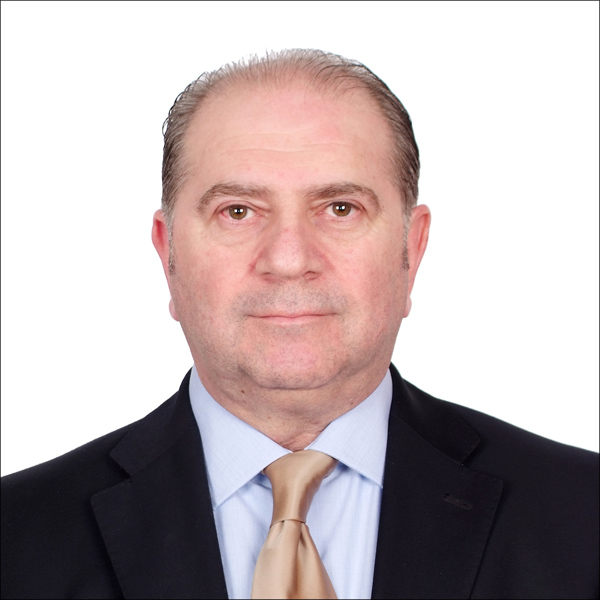
Besher Al-Attar, MD, CES (Neph), RHP, Assistant PH, Paris France
Riyadh, Kingdom of Saudi Arabia
Consultant Nephrologist
Executive Director of Clinical Services for the Saudi Center for Organ Transplantation (SCOT)
Scientific Editor for the Saudi Journal for Kidney Diseases and Transplantation
Co-founder of education training program DMC and DAC
Member of TTS / ISODP, ISN, MESOT
Dr. Besher Al-Attar graduated from Damascus University Syria. He finished his residency in internal medicine and nephrology in University Hospital Ambroise Paris-France (RHP), A French Board Certified (CES) from Rene Descartes, Paris France. He worked as assistance Professor in Nephrology and Dialysis at the University Hospital in Ambroise Pare, Boulogne, France (PH, Paris). He also worked as Consultant Nephrologist and Supervisor of Renal Services in North Health Directorate in Tabuk. He joined the SCOT in 1995 and appointed as Medical Director since 1998. He received a visiting professorship in organ procurement from the National Institute of Transplantation in Los Angeles, California. He participated in numerous scientific activities nationally and internationally including hundreds of educational presentation with over 75 scientific abstracts, 15 peer reviewed articles and 5 books related to CKD, organ donation and death declaration.
The vital role of air transportation in successful deceased organ donation in the Kingdom of Saudi Arabia
Besher Al Attar1, Hazim Jokhadar1, Mohamed Kamal1, Rayyan Al Yahya1, Talal Algoufi1.
1Donor Affairs and Organ Allocation Department, Saudi Center for Organ Transplantation, Riyadh, Saudi Arabia
Introduction / Background: Saudi Arabia has land area of 2.15 million sq. km. with an active deceased donation program participated by 120 hospitals with critical care units, reporting possible deceased donors from different regions. In addition, deceased organ sharing with its neighboring GCC countries is also in practice. With the increasing numbers of deceased donors consented for organ donation, coming from different regions and overseas (GCC) the need for efficient organ recovery transportation is of great importance and air transportation (medevac) is one of the Kingdom's most relied transportation bringing teams for organ procurement and organs for transplant from different regions and countries, and despite improvements many challenges remains and these includes, flight unavailability, flight delays, type of medevac use that cannot accommodate huge equipment and necessary number of team and bad weather. This study aims on identifying factors and provide solutions with a main objective of increasing recovery rates and organ utilization.
Methods: In this retrospective analysis of organ recovery process and transportation challenges in Saudi Arabia in 2022
Results: A total of 62 cases from 118 actual DBD donors required medical evacuations, utilizing 87 flights to transport 113 dedicated organ recovery teams. A remarkable number of organs were recovered, including 28 hearts, 10 hearts-for-valves, 56 lungs, 7 pancreases, 27 livers, and 27 kidneys. Flight details include 49% were used to travel to UAE and 51% were used in KSA. Four donors were not utilized due to evacuation-related issues, leading to the non-utilization of 2 hearts, 2 lungs, 1 liver, and 2 kidneys. Furthermore, 1 lung and 1 heart were not utilized due to delays and equipment compatibility issues.
Conclusion: Saudi Arabia has an active deceased donation program including the organ sharing program with its neighboring GCC countries. Air transportation is an indispensable component in the success of organ transplantation providing fast and reliable transportation not only for the organs but also for the organ recovery team. With its vast land area and the location of transplant centers for liver and pancreas in central and eastern region, and heart and lung in Riyadh region only, the importance of air transportation is very significant in minimizing the cold ischemia time and increasing organ viability. The challenges to the use of medevac includes overcoming all logistical difficulties by giving a priority for organ retrieval and ultimately saving lives.
[1] Deceased Organ Donation
[2] Air Transport
[3] KSA
